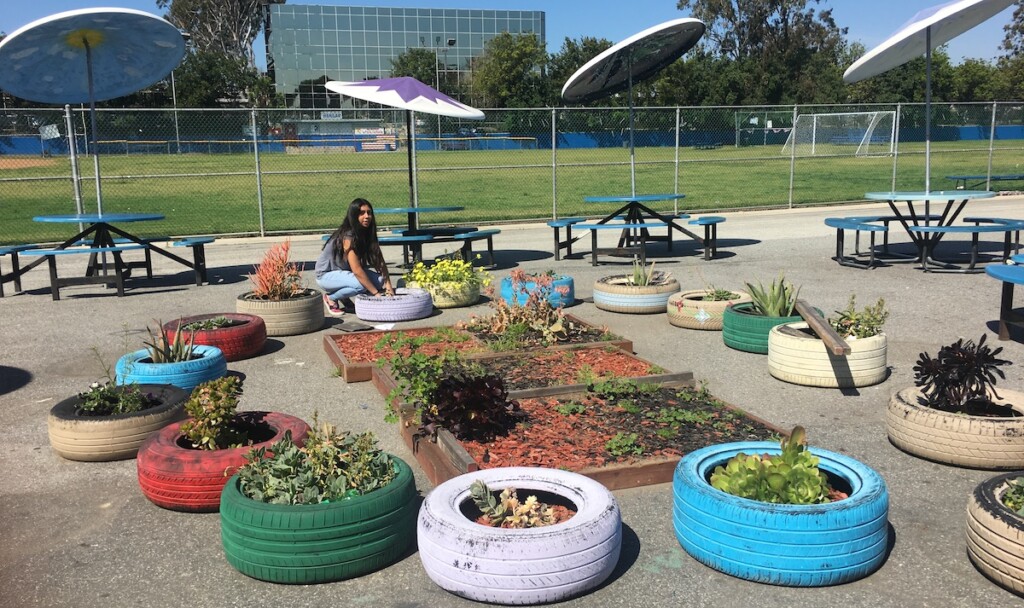What to Credential?
Most employers (and higher ed institutions) report that newly hired employees are not prepared with the skills required in the workplace. What should we credential?
3.1 Core Skills
3.2 Transferable Skills
3.3 Technical Skills



Most high schools offer CTE programs that allow students to earn credentials, and 77% of graduates earn at least one CTE credit. Students who participated in CTE programs have higher annual median earnings eight years out of high school compared to those who did not. The vast majority of these CTE programs focus on technical competencies that are included within the 16 established career clusters. Yet, despite this widespread adoption, most employers (and higher ed institutions) report that newly hired employees are not prepared with the skills required in the workplace. Findings by SHRM in 2016 report that more than half of companies reported deficiencies in basic/core skills (“English, basic computer skills, spoken English language, reading comprehension and mathematics”) and 84% in transferable/applied skills (“critical thinking/problem-solving, professionalism/ work ethic, leadership, written communications and teamwork/collaboration”).
Core Skills
Given the reported gaps around core skills in graduates, it makes sense to expand credentials to include these skills in addition to technical skills found in CTE programs. Of course, the current proxy is the high school or college diploma—a credential that presumably marks a student proficient in core skills. Competency-based assessment systems are vehicles through which K-12 and higher education systems can transition from course/letter grade/credit to skill/competency/credit.
As with standards right now, each state would determine its core competencies. States could shift requirements from course completion to competency completion. Modularizing courses would make it easier to describe learner skill attainment and target remediation (i.e., redo the competency, not the course).
Just like the 16 career clusters in the technical CTE areas, core skills would focus on English language arts, mathematics (including data science, finance, and statistics), social studies (like C3’s strong set of civics competencies), science (NGSS already has a set of disciplinary core ideas, practices, and cross-cutting concepts wrapped up into a single standard—which could become a competency), arts, second language, etc.
All educators within the public sector connect standards to courses, and many districts report out standard proficiency within a course (especially in elementary school). This foundation acknowledges that course completion should be about proficiency in the content, while in practice it relegates assessment to traditional quizzes, tests, essays, etc. that do not articulate clear connections to standards. There are a few ways to remedy this.
XQ Institute: Math
XQ Institute has partnered with four states through XQ Math to replace the Algebra 1, Geometry, and Algebra 2 course sequence with more granular competency areas, reflecting a system-wide approach. At the school level, a number of smaller schools have turned to successful competency-based assessment practices.
Transferable Skills
Employers frequently report that new employees have a deficit of transferable skills, also known as applied or durable skills. Some states, districts, and schools have advanced their focus on ensuring that each graduate demonstrates proficiency in these types of skills. At the state level, Iowa’s Universal Constructs, Utah’s Portrait of a Graduate, and South Carolina’s Profile of a Graduate provide solid examples of transferable competencies that should be evaluated both in high school and higher education. Non-governmental organizations have also described sets of durable skills (XQ Learner Outcomes, America Succeeds Durable Skills, and the World Economic Forum’s Top 10 Skills). Community validation is important in these efforts to ensure the skills match the needs articulated by the community. Kansas City Rising and the DeBruce Foundation compiled a set of regional Essential Skills based on input from the employers and educators. Indianapolis’ Job Ready Indy defined six regionally defined workplace readiness competencies and an associated curriculum. When a student who enrolls in this workplace readiness pathway demonstrates proficiency through the curriculum, they receive badges that count towards graduation requirements.
Technical Skills
Technical skills, also known as Industry-Recognized Skills, are well-described in the CTE Career Clusters and implemented in most U.S. high schools. Leading to Industry-Recognized Credentials (IRCs), proficiency in these competencies does not lead to a higher education degree but does provide specific skill validation for career pathways, improving hiring rates. Too frequently students take at least one CTE credit course, but due to other secondary school requirements, they do not have time to pursue the IRCs needed to earn the credential. To increase IRC completion, the introduction of shorter duration high-relevance IRCs may help. Additionally, ensuring that a broad spectrum of CTE programs is available—especially in the field of computer science and other STEM disciplines—provides equitable access to lucrative careers in the future (a caveat exists due to the acceleration of AI-driven tools as a better approach to some STEM skills in the future such as coding). Appropriate staffing, reputation, access, and replication all pose challenges to this long-standing and well-funded credential program within the United States.

